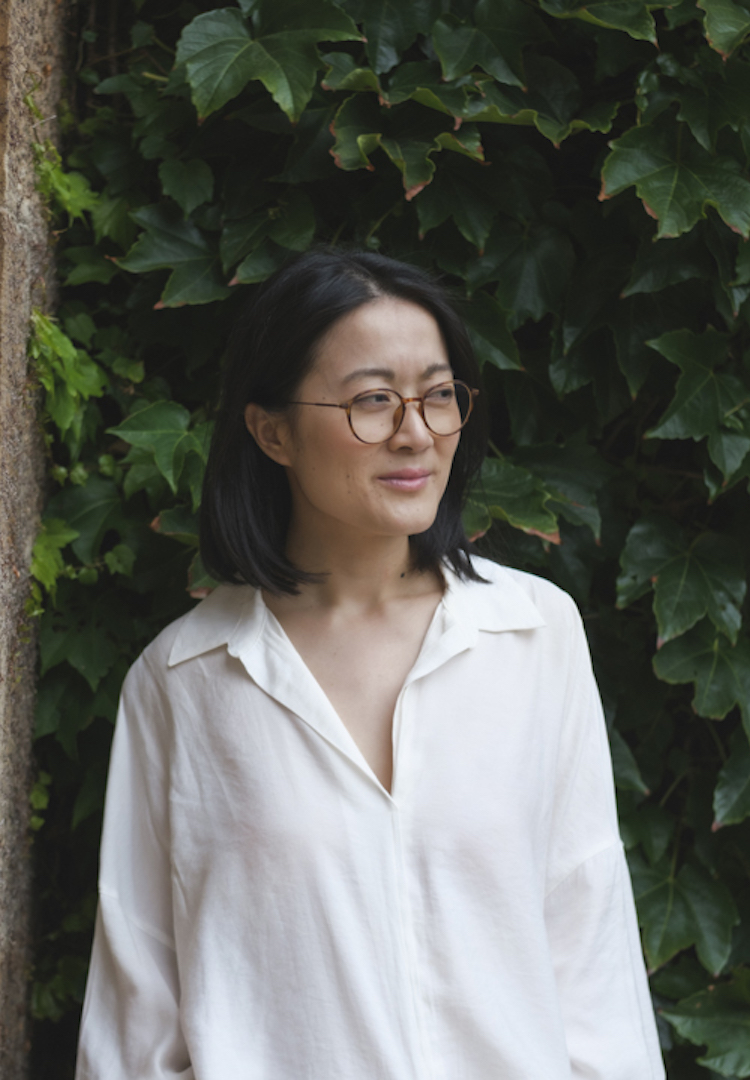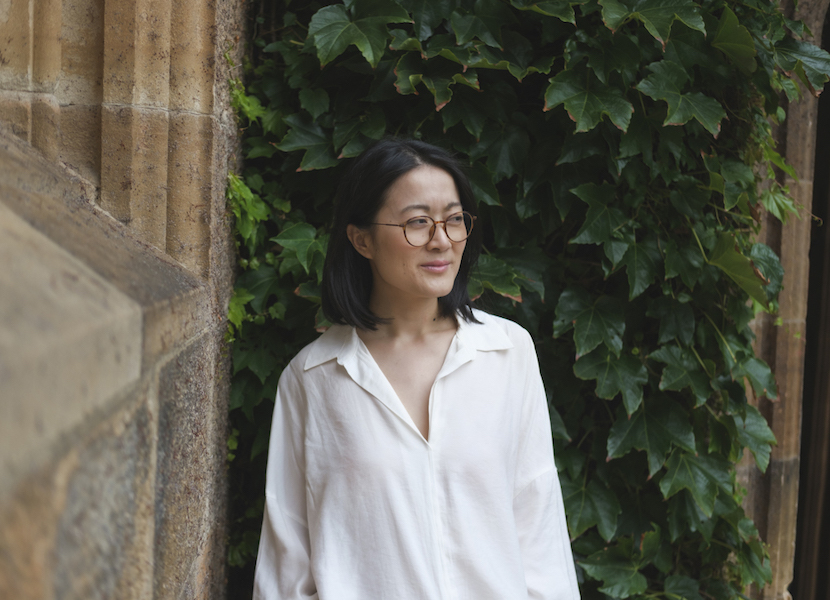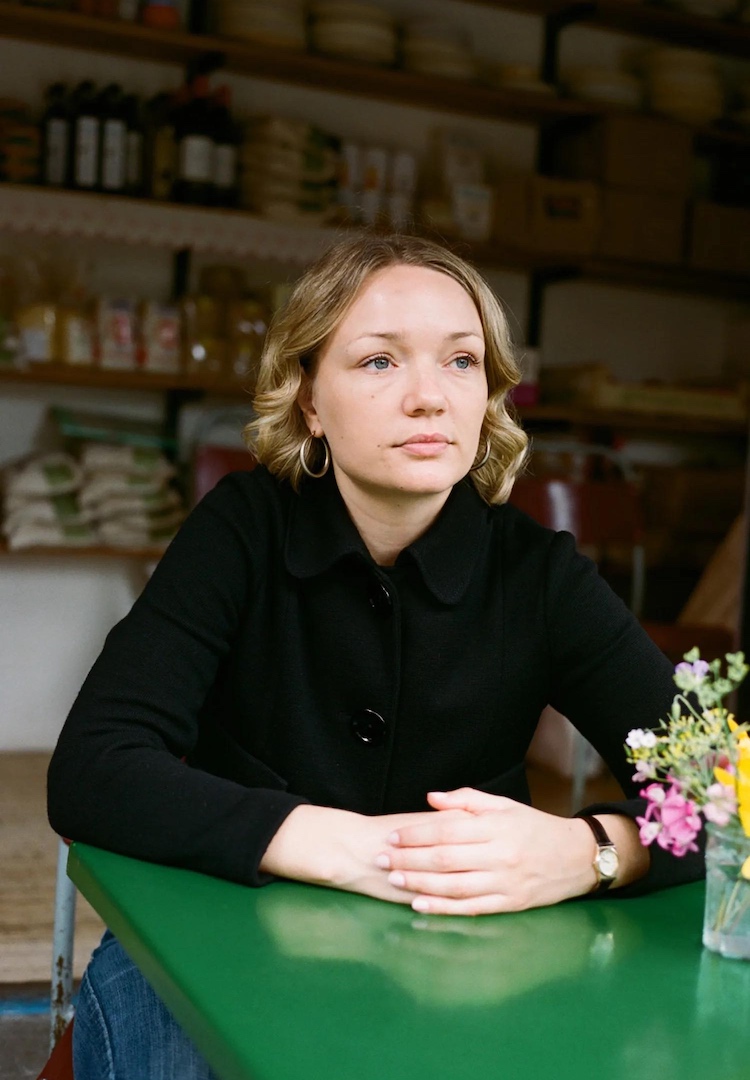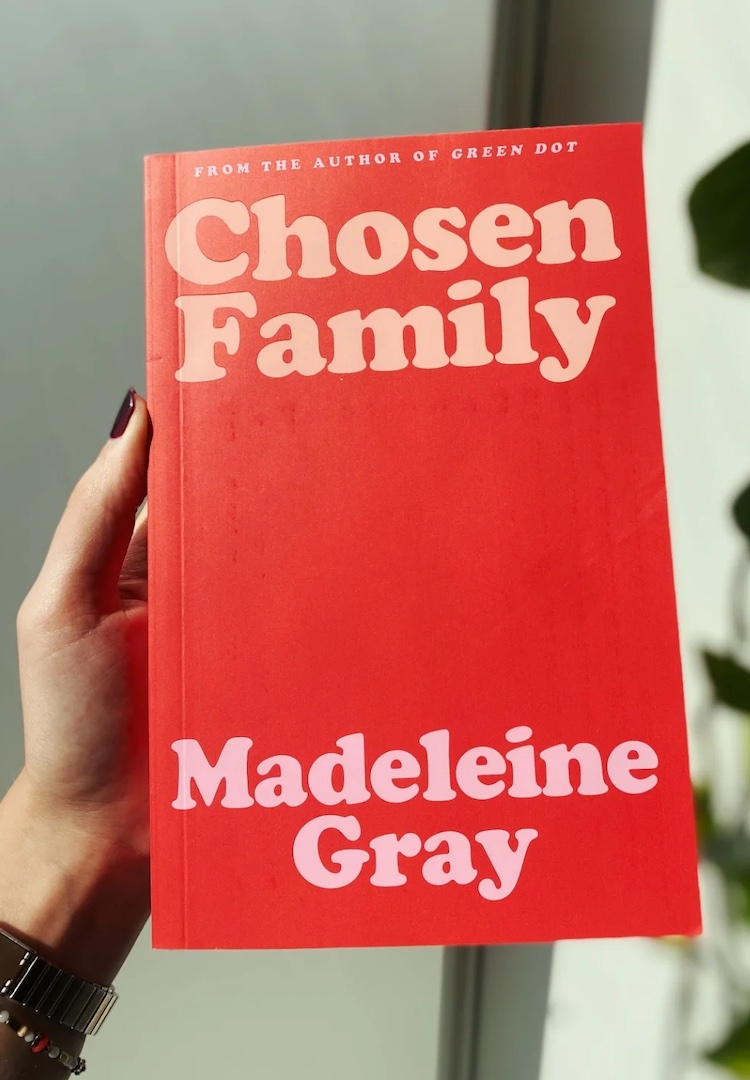Could Sydney author Jessie Tu’s ‘The Honeyeater’ be my favourite read of 2024?
WORDS BY DAISY HENRY
IN PARTNERSHIP WITH ALLEN AND UNWIN
“I’m interested in the ways we can easily lie in order to get what we want, in the greyness of betrayal and honesty.”
When I sat down with Jessie Tu to interview her about her new novel, The Honeyeater, for Dymocks’ Books in Bars event, I was split between pure excitement at the idea of meeting Jessie in person and total intimidation.
I first came across Jessie’s writing in 2020, when I was recommended her award-winning debut novel, A Lonely Girl Is a Dangerous Thing. I’d never read such a bold, honest and unique story about female desire, and immediately put Jessie on my to-buy list.
For more content like this, tap through to our Life section.
Flash forward four years and her second novel, The Honeyeater, has already received praise from the likes of Annabel Crabb, Alice Pung and Madeleine Gray. A critically acclaimed debut novel is one thing, but releasing a second, within only a few years, is an entirely different feat. Though fans of Jessie will be drawn to her writing for the way she unpacks complex emotions, gender and culture, The Honeyeater is a slight departure from the themes of her first book.
“My interests and values in the last few years have shifted so much, hence I wanted to write something very different to my first book,” Jessie tells Allen and Unwin. “I wrote my first book in my twenties and moving into my thirties, I felt a huge shift in the way I approached things and saw things, and just generally in the way I moved through the world.” The Honeyeater follows Fay, a young literary translator caught between her mother and academic mentor, as she travels between Paris, Sydney and Taipei.
In Paris, Fay and her mother join a group trip while Fay begins an ambitious translation project and learns of her ex-boyfriend’s death. Back in Sydney, Fay faces grief, a police investigation and a strained relationship with her mentor, before she finally travels to Taipei for a literary festival. She goes despite her mother’s warnings that she’ll be there during Ghost Month, a period in which it’s believed the gates between the living and the dead are open, allowing spirits (both good and bad) to visit.
There’s a sense of mystery that underpins the novel, setting an addictive pace that makes it hard to put down. At the same time, it’s thoughtful and tackles complex themes without feeling out of reach. “I’m interested in the ways we can easily lie in order to get what we want, in the greyness of betrayal and honesty,” Jessie says. “I wanted to examine the different degrees of lying and truth, and expose how we all, in some ways, lie to each other in small, seemingly insignificant ways.”
Morally grey scenarios are always the most fascinating. They force you to put yourself in the position of the character and honestly ask yourself what you would do if you were them. The Honeyeater strikes this balance perfectly. It creates a brewing tension without making the characters too unbearable.
The idea of sitting within this moral grey zone really took hold after Jessie had a conversation with a translator who told her that in the East, “sharing your emotional burdens is considered selfish”. Having grown up in the West, Jessie says she was brought up with the opposing belief that sharing one’s emotional landscape is the only way to become close with someone else. At its core, however, the novel is about love. “The book questions what it means to love – a vocation, a person, a fantasy of a person,” Jessie says.
“Attention is the purest form of love and the most obvious expression of love,” she explains. “Where you put your attention, your hours, what you decide to focus on, whose words you decide to listen to and consider deeply, indicates what and who you love. I wanted to explore… how the practice of love is branded by ideas of ‘romance’, and what ‘romance’ looks like between women who aren’t interested in having sex with each other.”
Though Fay’s ex-boyfriend’s death becomes a catalyst, The Honeyeater is far more interested in female relationships, like that between Fay and her mother, or her relationship with her older, White, female boss. Jessie’s characterisation and storytelling are captivating, provocative and always thought-provoking. Though you might be tempted to pick up The Honeyeater for its stunning cover, you’ll stay because Jessie does what few others can: the unexpected.
Find The Honeyeater here.













